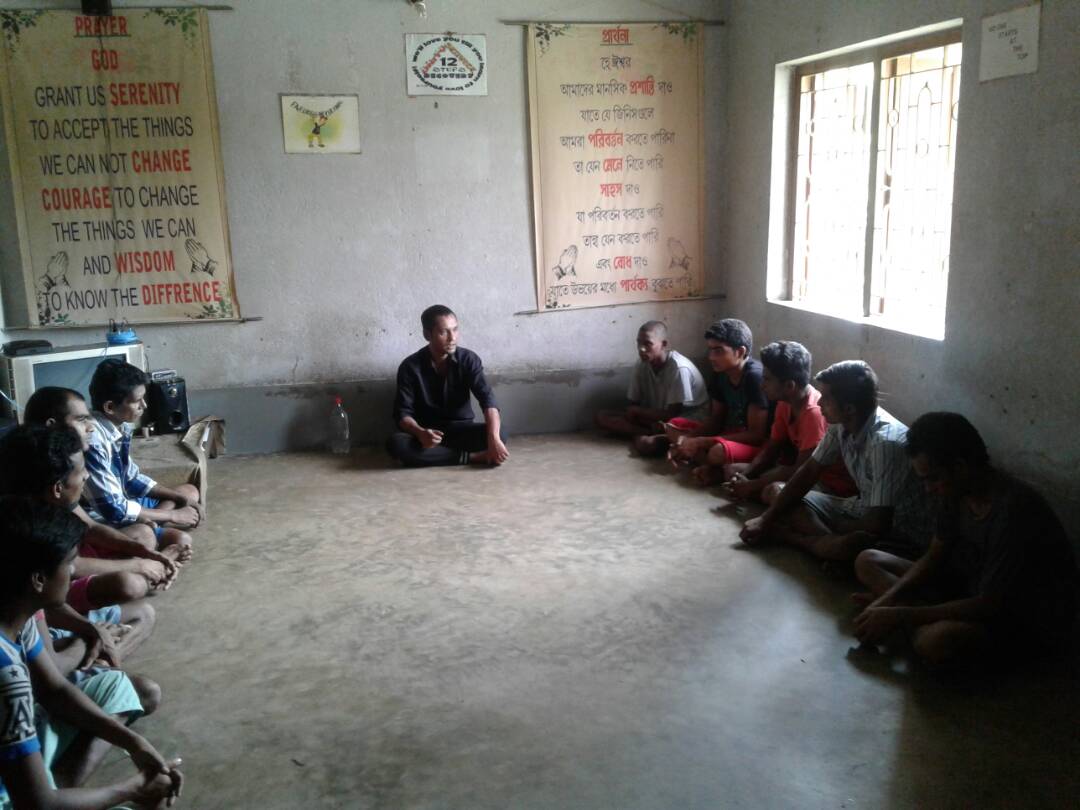Completing a rehabilitation program is a significant milestone, but the journey to lasting recovery extends far beyond the initial treatment phase. To support individuals in maintaining their newfound sobriety and preventing relapse, addiction rehab centers offer vital Follow-Up Programs. These programs provide ongoing support, guidance, and a sense of community, empowering individuals to build fulfilling lives free from the clutches of addiction. In this article, we explore the importance of a Follow-Up Program in addiction rehab and how it nurtures lasting recovery.
The Role of a Follow-Up Program in Addiction Rehab:
Continuity of Care:
A Follow-Up Program ensures continuity of care by seamlessly transitioning individuals from primary treatment to post-rehab support. This continuity is essential for preventing relapse and addressing any new challenges that may arise during early recovery.
Individualized Support:
Each person’s journey to recovery is unique, and a Follow-Up Program recognizes that. Participants receive individualized support tailored to their specific needs and circumstances, helping them address personal triggers, challenges, and goals.
Relapse Prevention:
Relapse is a common concern during early recovery. The Follow-Up Program equips individuals with relapse prevention strategies and coping skills to manage triggers, cravings, and high-risk situations effectively.
Emotional Healing and Counseling:
Ongoing counseling and therapy sessions are integral to the Follow-Up Program. These sessions provide participants with a safe space to process emotions, work through unresolved issues, and strengthen their psychological well-being.
Family Involvement:
Addiction affects not only the individual but also their loved ones. A Follow-Up Program often includes family support and education, fostering understanding, communication, and healing within the family system.
Group Support and Community:
A sense of community is a cornerstone of a Follow-Up Program. Group support sessions create a supportive and non-judgmental environment where individuals can connect with others who share similar experiences, offering encouragement and shared wisdom.
Benefits of a Follow-Up Program:
Reduced Risk of Relapse:
By providing ongoing support and resources, a Follow-Up Program significantly reduces the risk of relapse during the vulnerable early stages of recovery.
Increased Accountability:
Regular check-ins and counseling sessions foster a sense of accountability, motivating individuals to stay committed to their recovery goals.
Empowerment and Resilience:
The Follow-Up Program helps individuals build resilience and self-efficacy by equipping them with the tools and skills to navigate life’s challenges without resorting to substance use.
Strengthening Coping Mechanisms:
Participants learn healthy coping mechanisms that replace previous maladaptive behaviors, empowering them to face stressors and triggers more effectively.
Long-Term Recovery Support:
The Follow-Up Program provides participants with a continued support network, offering guidance and encouragement throughout their long-term recovery journey.
Conclusion:
The Follow-Up Program is a fundamental aspect of addiction rehab that sustains the progress achieved during primary treatment. By providing individualized support, counseling, and relapse prevention strategies, a Follow-Up Program nurtures lasting recovery and empowers individuals to embrace a life of sobriety with resilience and hope. The ongoing support, sense of community, and emphasis on personal growth ensure that participants at an addiction rehab center are not merely undergoing treatment but embarking on a transformative journey towards a brighter, healthier, and addiction-free future.

